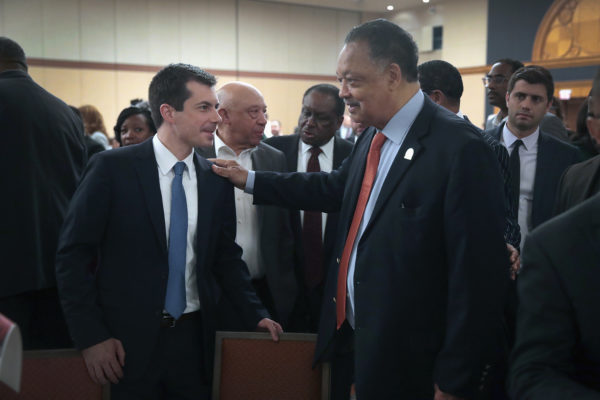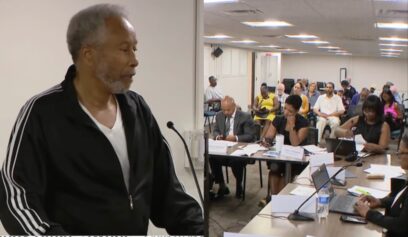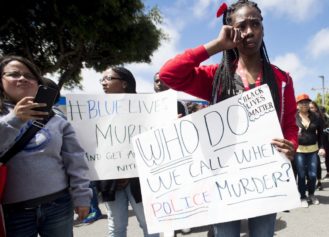With Little to No Support from Black Voters, Presidential Hopeful Pete Buttigieg Tries His Hand at Winning Support with New Plan
Democratic presidential hopeful Pete Buttigieg has announced a three-pronged plan to address concerns among the Black voters he hopes to attract at the polls next year.
Named after abolitionist Frederick Douglass, the South Bend, Indiana, mayor’s Douglass Plan is described on his official website as “a comprehensive and intentional dismantling of racist structures and systems combined with an equally intentional and affirmative investment of unprecedented scale in the freedom and self-determination of Black Americans.”

The plan is touted as a complement to possible proposals for reparations and aims to promote “true nationwide restorative justice.”
“For all our country’s forward movement, Black people in America are still disproportionately excluded from systems of social protection, economic uplift, and representative democracy while facing shorter lifespans, lower educational attainment, and dramatic overcriminalization and incarceration compared to their white counterparts,” the plan reads.
The three parts of the policy focus on the principles of “freedom,” “security,” and “democracy.”
The ideas for Democracy include ensuring statehood for Washington, D.C., which if made a reality would have 50 percent representation of Black residents — the highest of any state in the country. There’s also a proposed a 21st Century Voting Rights Act aimed at ending voter suppression among other things.
Under the security umbrella is the Walker-Lewis Initiative, which hopes to launch more than 3 million new jobs for non-white communities across America. And, there will be a focus on protecting against environmental threats that disproportionately affect Black Americans.
However, it’s the freedom prong that will likely prove most controversial. After Buttigieg had to take a break on the campaign trail to return home to South Bend last month, he was confronted by Black residents who demanded answers over white South Bend Police Sgt. Ryan O’Neill shooting and killing Eric Logan, a Black man.
“You are truly running for president and you want black people to vote for you. You [are] running for president and you want black people to vote for you — that’s not going to happen. That’s not going to happen. That’s not going to happen,” a woman told the mayor.
Buttigieg, who has little to no support from Black voters in the polls, replied, “Ma’am, I’m not asking for your vote.”
The “Freedom” portion of the Douglass plan will tackle criminal justice reform by setting up a database of fired officers that also tracks the use of force. Funding will be supported to increase the number of police departments that use body cameras, and there will be stricter rules surrounding the use of force. The intention is that less officer-driven deaths will occur as a result.
“We will promote policies and training that require de-escalation efforts and limit lethal force to circumstances when it is absolutely necessary,” the policy also states.
Buttigieg’s announcement comes after he appeared at the July 6-7 Essence Fest in New Orleans, where he directly addressed Black voters.


